Mayor of Central Avenue
Ticket for Elks' Club reception for Anderson as Mayor of Central Avenue, 1940
While Anderson was born and raised in the Oakland area, he came to the Los Angeles African-American community in the 1930s in search of work in films. At the time of his success on the Benny radio show, the community thought of him as one of their own and was proud of his rise to stardom. The reality of an African-American mayor of Los Angeles would not come in this era; for many years, those living in the Central Avenue area had held mock elections, with the winner being known as "the Mayor of Central Avenue". The title holder had both the right and the duty to speak up about issues affecting the local African-American community. California Eagle readers opened their newspapers on May 23, 1940, to find Eddie "Rochester" Anderson asking for their votes for Mayor of Central Avenue.
From his headquarters at the Dunbar Hotel, Anderson conducted his campaign mainly based on real issues, one of them being a need for African Americans to serve their country as aviators. He was deeply committed to this issue, taking flying lessons and lecturing with a Tuskegee Institute representative about this need. After Anderson announced his run for mayor, President Franklin D. Roosevelt also addressed the aviation issue, asking that the nation commit itself to building an air force. On Election Day, Anderson won the right to claim the title.
According to Jack Benny's posthumous autobiography, Sunday Nights at Seven, the tone of racial humor surrounding Rochester declined following World War II, once the enormity of The Holocaust was revealed. After the war, Benny and his writers made a conscious effort to remove all stereotypical aspects from the Rochester character. The changing times became very apparent in 1948, when a 1941 script was re-used on The Jack Benny Program. The script including several African-American stereotypes — for example, a reference to Rochester carrying a razor — and prompted some listeners, who were unaware the script was reused, to send in angry letters protesting the stereotypes. Thereafter, Benny insisted that his writers guarantee that no racial jokes or references should be heard on his show. Benny often gave key guest-star appearances to African-American performers such as Louis Armstrong and The Ink Spots, and Benny himself made numerous personal appeals on his show, asking listeners to reject racism in favor of fraternity and peaceful relations between all races of the world.
The relationship between Rochester and Benny became more complex and familiar as the popularity of Rochester's character grew, with Rochester's role becoming both less stereotypical (in early episodes he carried a switchblade) and less subservient (though he remained a butler). As a butler he was subservient to the entire cast and was addressed as Rochester, but addressed the other characters as Mr. and Miss. Although Dennis Day's character is much younger and an idiot, Rochester respectfully addressed him as Mr. Day. Rochester often outwitted Benny, by getting Benny to mop the floor, for example.
The "Rochester" character retained many of the stereotypes (lazy, gambler, drinker), but they became a part of his character, disassociated from his race. Even though some of the humor was stereotypical, it was always done so that the racial element of the joke came from Anderson and no one else. In a February 1940 multi-episode radio play in which the gang visits Yosemite National Park, Rochester bemoans about having to constantly sing songs for Jack (in order to make up for the lack of a radio in their car). Worse still, he says, "at eight o'clock he wants me to imitate 'Amos and Andy'". After a pause for audience laughter, he continues: "I can't do that blackface stuff!" Later, Rochester asks Jack if he can walk around and explore at Badger Pass. Jack consents, but warns Rochester not to "get lost in the snow", to which Rochester replies, "Who me?".
During World War II, Benny toured with his show, but Rochester did not, because discrimination in the armed forces would have required separate living quarters. However, during performances of the radio program staged before armed forces audiences at bases and military hospitals, the appearance of Rochester routinely drew enthusiastic applause that arguably often outstripped that received by other members of the cast, more so than in civilian audiences. Also referenced in Benny's posthumous autobiography, Sunday Nights at Seven, was an episode at the conclusion of a broadcast originating at a military base which featured Rochester. Benny was reportedly at a table mingling with soldiers, when one serviceman told Benny how he thought Rochester was really funny and one of his favorites. Benny asked if he would like to meet him, but the soldier declined saying that where he comes from whites don't sit with people like Rochester. Appalled, Benny reportedly told him off and left the table.
In 1943, when Benny brought his entire radio show cast to Canada at his own expense to perform for those in the various branches of the Canadian services, Anderson and his wife received a warm welcome. Stateside, an incident was defused by Benny when, according to reporter Fredric W. Slater, Anderson was denied a room at the hotel where Benny and his staff were planning to stay in Saint Joseph, Missouri. When it was announced that Anderson could not stay there, Benny replied: "If he doesn't stay here, neither do I." The hotel allowed Anderson to remain as a guest.
Anderson, as Rochester, demonstrates to John Forsythe how Benny pinches a penny on Bachelor Father, 1962
It was not the only time a hotel refused Anderson a room. Soon after he became part of the permanent show cast, the program went on location to New York. When a couple from the South complained about staying in the same hotel as Anderson, the hotel manager tried to get him to find a room somewhere else. Hilliard Marks, the show's producer and also Jack Benny's brother-in-law, told the manager that Anderson would leave the hotel the next day. When he did, Jack Benny and the entire radio show cast and crew totaling 44 people, joined Anderson in checking out of the hotel.
Among the most highly paid performers of his time, Anderson invested wisely and became wealthy. Until the 1950s, Anderson was the highest paid African-American actor, receiving an annual salary of $100,000. In 1962, Anderson was on Ebony magazine's list of the 100 wealthiest African-Americans.[33] Despite this, he was so strongly identified with the "Rochester" role that many listeners of the radio program mistakenly persisted in the belief that he was Benny's actual valet. One such listener, after hearing Rochester's jokes about his low salary, drove Benny to distraction when he sent him a scolding letter concerning Rochester's alleged pay, and then sent another letter to Anderson, which urged him to sue Benny.[8] In reality, Anderson did well enough to have his own valet.[34]
The fact that Anderson was frequently seen at Benny's home may have helped perpetuate the idea that he was a valet to Benny. Benny held the first rehearsal of his weekly radio show at his home in Beverly Hills. Those riding the stars' homes tour buses in the morning often saw Anderson sitting on Benny's front steps, drinking from a quart of milk while waving and calling "Yoo Hoo!" to those on the tour bus. Anderson would not start rehearsal until after Benny's milkman arrived with some of his breakfast.[4]
When Benny brought his show to television in 1950, Anderson as Rochester remained part of the cast until the television show left the air after the 1964-1965 season.[35] [36] In 1953, Anderson appeared as Rochester in an episode of The Milton Berle Show with the storyline being that Berle wanted to hire him away from Benny.[37] He appeared on an episode of Bachelor Father in 1962 again as Rochester, where the story was that the Gregg household had borrowed him, hoping some of the thrifty habits he learned working for Benny might cut their own expenses.[38]
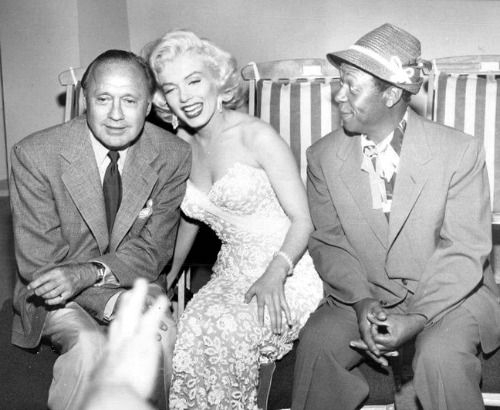
 Amanda S. Stevenson
Amanda S. Stevenson 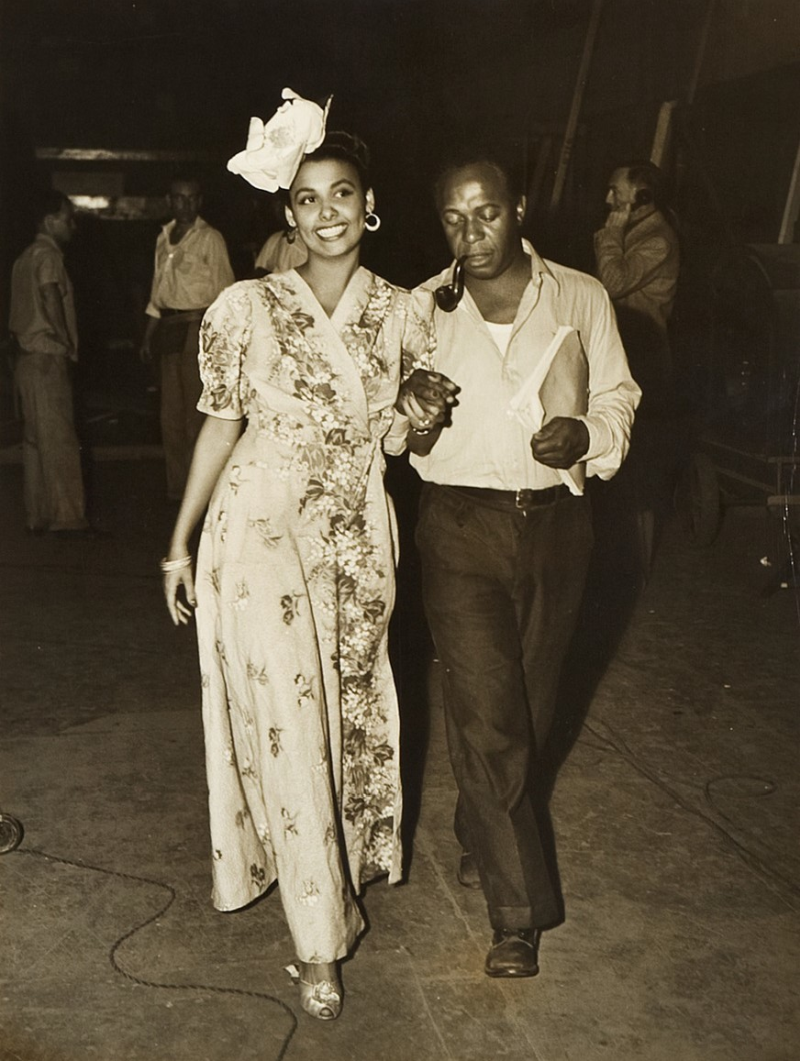
 Amanda S. Stevenson
Amanda S. Stevenson 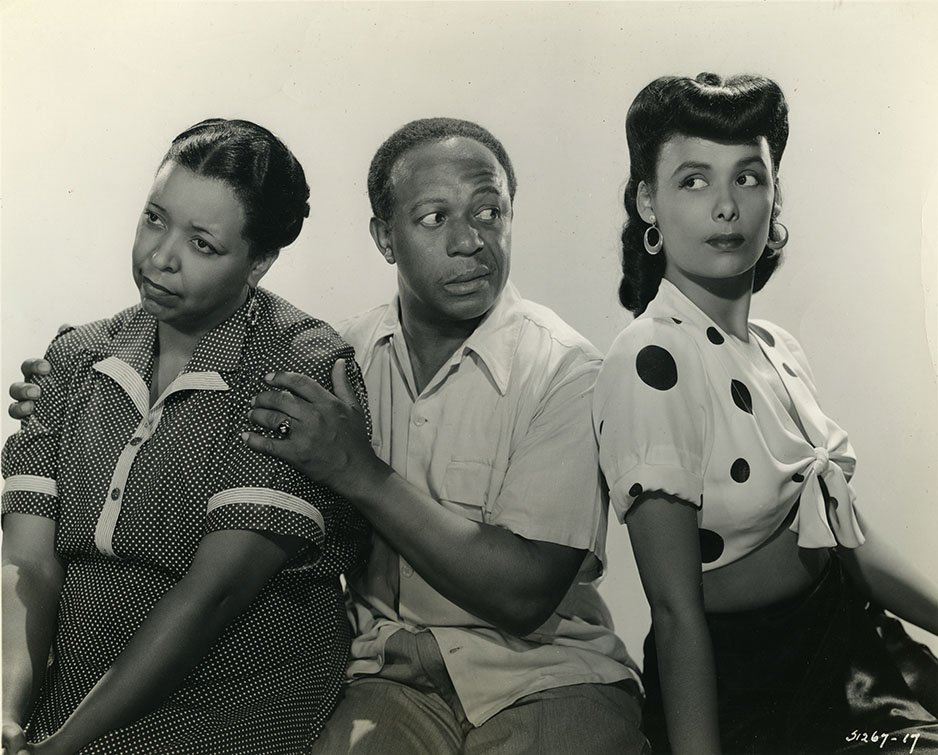
 Amanda S. Stevenson
Amanda S. Stevenson 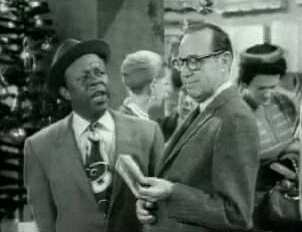
 Amanda S. Stevenson
Amanda S. Stevenson 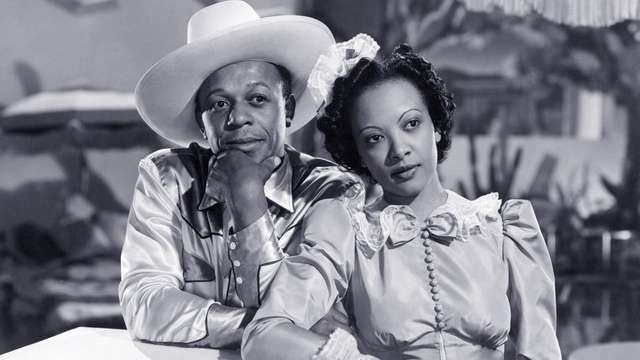
 Amanda S. Stevenson
Amanda S. Stevenson 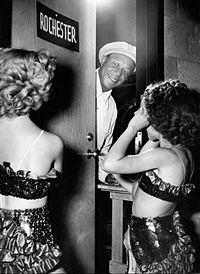
 Amanda S. Stevenson
Amanda S. Stevenson 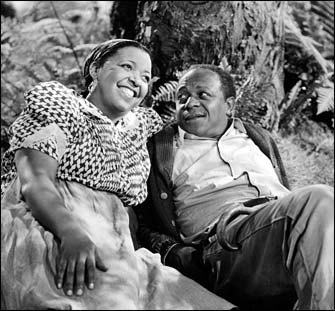
 Amanda S. Stevenson
Amanda S. Stevenson 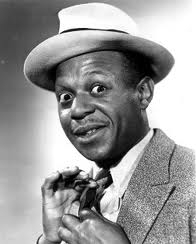
 Amanda S. Stevenson
Amanda S. Stevenson 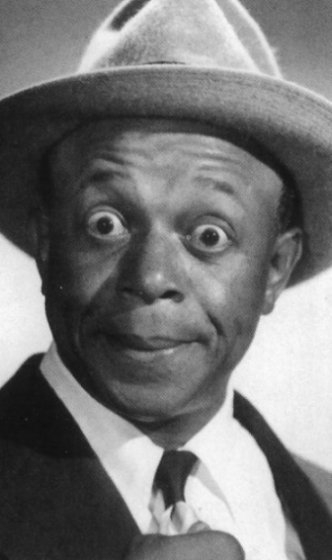
 Amanda S. Stevenson
Amanda S. Stevenson 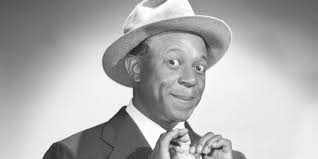
 Amanda S. Stevenson
Amanda S. Stevenson 